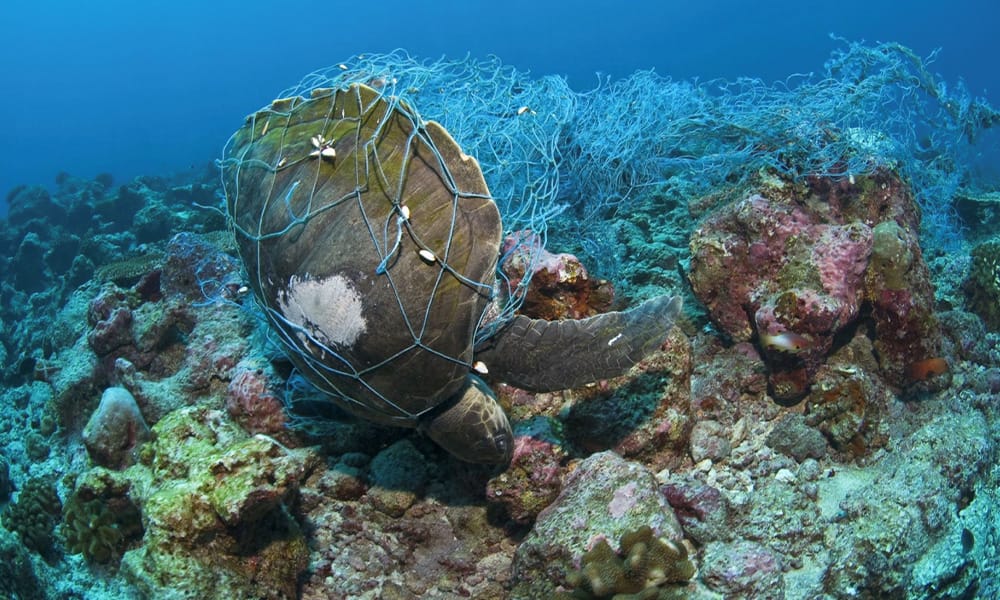Representatives Kattia Rivera, Alejandra Larios, and Óscar Izquierdo, together with the organizations One Sea and MarViva, presented the Bill for the Appropriate Management of Ghost Fishing Gear and other Reforms to the Fishing and Aquaculture Law No. 8436, which is being processed under file number 23.571.
The draft law aims to establish measures to reduce, mitigate and prevent the impacts of ghost fishing gear in Costa Rican seas.
According to the organizations, 60% of the plastic debris found in Cocos Island, Pacific Coast of Costa Rica, comes from lost or abandoned fishing gear.
Specifically, the law establishes the obligation to mark the fishing gear used in the country and to have the tools for recovery in case of loss or abandonment.
The Costa Rican Fisheries and Aquaculture Institute (INCOPESCA), the authority in charge of enforcing fishing regulations in the country, will monitor the effective implementation of the new law.
“This project establishes the obligations of marine operators and the responsibilities of each institution. It also defines mechanisms to strengthen the work of fishermen and provide ports with collection centers. It’s a great contribution to safeguard marine resources and promote future actions of greater scope,” said legislator Rivera.
As part of the project, the Registry for the Collection and Exchange of Data on Recovered Fishing Gear and Incidents with Marine Species is established. It will compile the information obtained from the coordinators of marine protected areas of the National System of Conservation Areas, the National Coast Guard System of the Ministry of Public Security, coastal municipalities, marine operators, and fishermen.
“One of the goals of this project is to support those involved in the fishing sector with appropriate incentives and procedures to promote good practices in the management of fishing gear. This way, it will be possible to mitigate the impact of one of the main pollutants of our oceans and, at the same time, obtain relevant information with clear, agreed, and standardized indicators. This is information that is not currently available in the sector’s institutions,” explained Eduardo Leitón, director at OneSea Foundation.
Regarding incidents with marine species, the project indicates that all marine operators will be responsible for reporting any problems they encounter and must include the fishing gear being used, the area where it occurred, and the marine species affected.
It is estimated that more than 90% of the species caught with ghost gear have commercial value or are endangered animals, which is why action must be taken.
“Ghost nets are one of the most lethal plastics in our oceans, as they capture many marine species such as turtles and sharks, subjecting them to a slow and painful death.
Like all plastics, they are a real environmental and economic threat, and their damage to marine ecosystems represents losses for coastal populations and the country,” said Alberto Quesada, Regional Marine Pollution Coordinator of Fundación MarViva.






